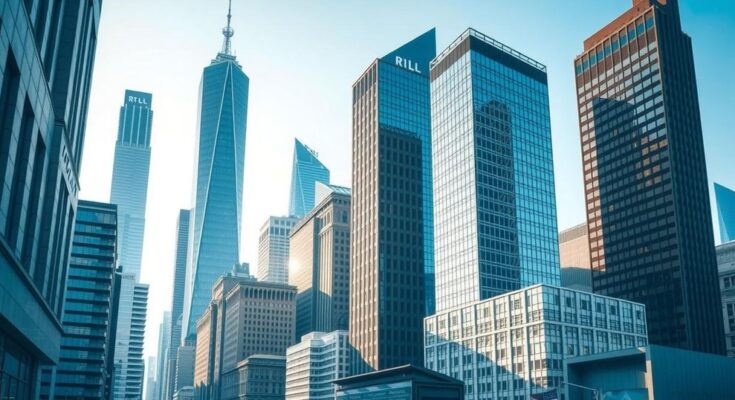Iran’s Baluch minority faces violent suppression, leading to unrest among youth. Public dissatisfaction, economic difficulties, and a potential uprising are concerns raised by Naser Makarem Shirazi. Reports indicate Iran’s development of nuclear missiles modeled after North Korean designs, prompting calls to support democracy. Protests, particularly led by women, signify growing resistance, while the healthcare system faces challenges, including workforce shortages. Internationally, PMOI supporters rally for political prisoners ahead of the Free Iran Rally on February 8, 2025.
In recent developments, the Iranian regime’s violent suppression of the Baluch minority has incited significant unrest among the youth, who have engaged in retaliatory actions across various cities. Following the execution of a Baluch citizen and the destruction of homes of underprivileged residents, protests erupted against the regime’s oppressive actions, marked by targeted attacks on Basij militia and IRGC facilities.
Amid growing public dissent, Naser Makarem Shirazi, a member of the Assembly of Experts, expressed grave concerns regarding the potential for uprisings, attributing widespread dissatisfaction to dire economic conditions and government ineffectiveness. His remarks underscore the widening disconnect between the Iranian populace and its rulers.
A recent report reveals that Iran is reportedly enhancing its nuclear missile program based on North Korean designs, capable of reaching Europe. The NCRI claims that Tehran is accelerating its efforts to evade international scrutiny, striving to achieve its nuclear ambitions while stifling public awareness of its actions.
February holds notable historical significance for Iran as it marks the anniversary of the Shah’s deposition in 1979, a moment that united many Iranians in pursuit of a democratic system. Today, there is a renewed call for support to secure democracy for the Iranian people in light of current oppressive conditions.
The Iranian mining sector faces a critical crisis, with approximately 65% of mines suspended due to insufficient investment, environmental challenges, and mismanagement. Addressing these problems is essential for reviving an industry that holds immense economic potential for the country.
January 2025 witnessed a rise in protests across Iran, prominently led by women demanding justice and equality. Their participation is indicative of a broader resistance against escalating governmental repression, demonstrated by consistent daily protests in multiple provinces.
Concerns over the healthcare workforce are escalating, with predictions of Iran resorting to hiring foreign doctors. The ongoing migration trend has led to many vacancies in medical residency programs, exacerbated by extreme pressures on healthcare professionals.
Internationally, supporters of the People’s Mojahedin Organization of Iran (PMOI/MEK) staged demonstrations in Vancouver, Malmö, and Copenhagen, urging the release of political prisoners and condemning death sentences against activists. These rallies are part of a larger movement leading up to the Free Iran Rally set for February 8, 2025, in Paris, aimed at promoting freedom and human rights.
The situation in Iran has become increasingly volatile, particularly among minority groups such as the Baluch, who have faced brutal repression from the government. The economic climate has led to widespread discontent, prompting figures within the regime to voice their concerns about potential uprisings. Concurrently, Iran’s clandestine efforts to develop nuclear capabilities have raised alarm internationally, while social movements focus on demands for democratic reform and better living conditions. The Iranian mining sector also suffers from chronic issues that threaten economic prosperity, compounding the country’s challenges.
The current unrest in Iran highlights the growing discontent among the populace, especially the youth and women, who are rising against systemic oppression. As the regime’s actions incite public fury, international attention is directed toward Iran’s potential nuclear advancements and the urgent need for democratic support. The coming weeks, particularly with the Free Iran Rally, may prove pivotal in the struggle for human rights and democracy in Iran.
Original Source: www.ncr-iran.org




